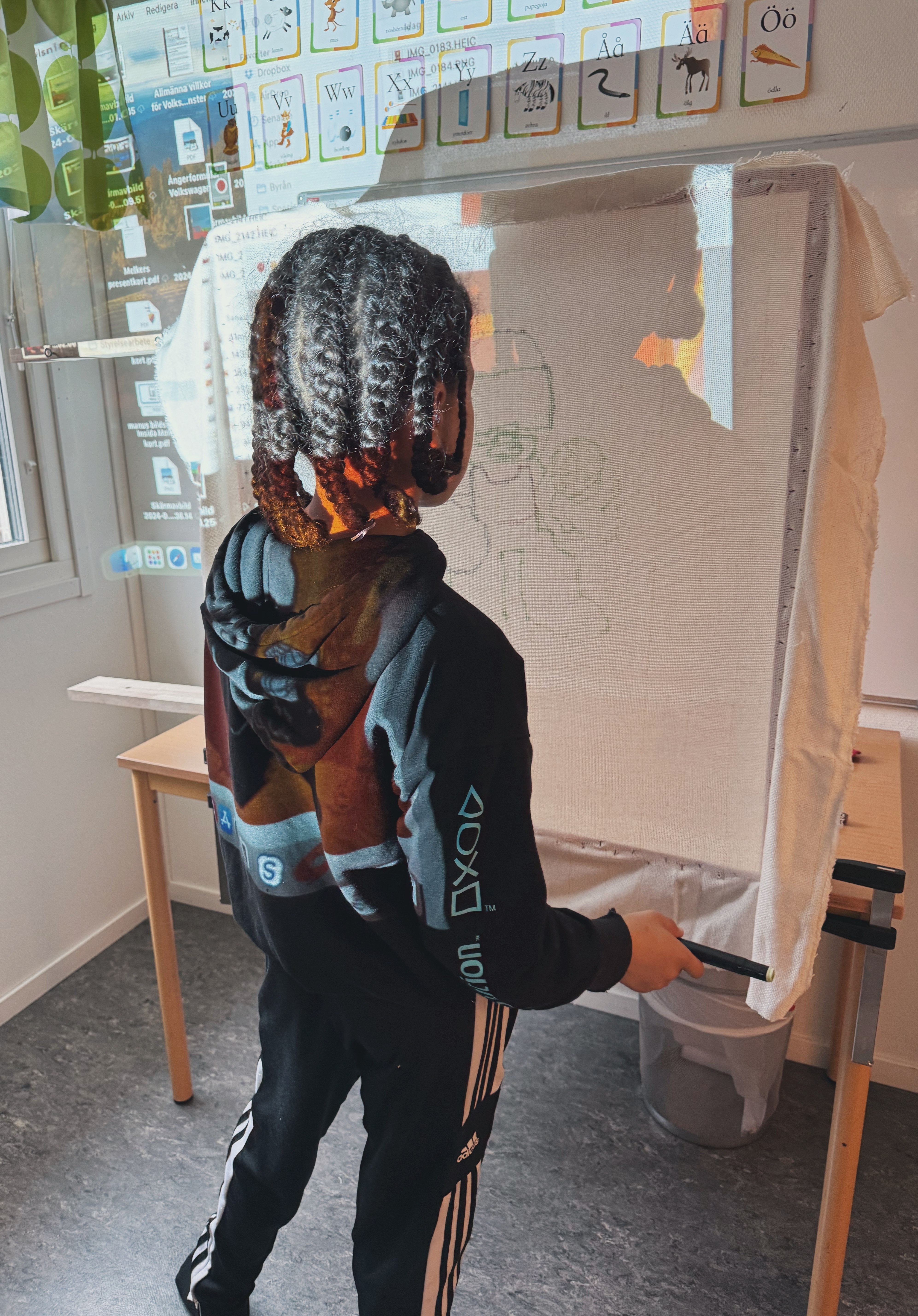Aesthetic Learning Processes for a More Inclusive School? – An Action Research Study at the Intersection of Art Education and Special Education

The Swedish school’s vision of education for all is today challenged by differences in how teaching and support are organized, creating inequalities in students’ opportunities to participate in education and achieve learning goals. The number of students attending “special needs schools” is increasing – a development that stands in contrast to the school’s inclusive mission and compensatory responsibility.
The Swedish school system is based on the principle of equitable education for all. The Education Act (Chapter 1, Section 9) stipulates that every student, regardless of background or circumstances, shall be given equal opportunities for education. The curriculum (Lgr22) emphasizes the school’s responsibility to compensate for differing conditions and to foster participation and belonging. In addition, the UN Convention on the Rights of the Child (Articles 28–29), which is Swedish law, guarantees children the right to education and to fully develop their abilities. In art education, the connection between creative processes and learning is often emphasized – aesthetic learning processes, where art, craft, media, and design are central, have great potential to support learning, motivation, self-esteem, identity formation, and social cohesion among children and young people.
Against this background, the study aims to position itself at the intersection of special needs education and art education to explore how aesthetic learning processes can serve as tools for inclusion and learning. The research project seeks to combine art education practices with special needs education perspectives to examine how aesthetic learning processes can be concretely applied for students in need of additional support in schools.
The research project follows a practice-based and action-oriented approach, meaning that the students – as central actors in the process – collaboratively with teachers and researchers explore and develop the content of teaching. Action research is based on participation, reflection, and the opportunity to transform educational practices in real time.
Hanna Andersson is a PhD student in Aesthetic Learning Processes with a focus on Educational Science at Konstfack University of Arts, Crafts and Design and HDK–Valand, University of Gothenburg.
She holds degrees in Art and Design - Teacher Education from Konstfack and in Special Needs Education from Stockholm University. Her professional experience from special education has fostered a strong commitment to exploring how creative processes can promote learning, participation, and inclusion. As the founder of Den Pedagogiska Designbyrån she has developed practice-based projects in collaboration between schools and cultural institutions, forming the foundation for her research interests. Her professional practice moves between pedagogy, art, design, participation, and social inclusion.
Main supervisor: Simon Ceder
Co-supervisor: Maria Eriksson
Admitted to: HDK-Valand
Project period: 2025 - 2029